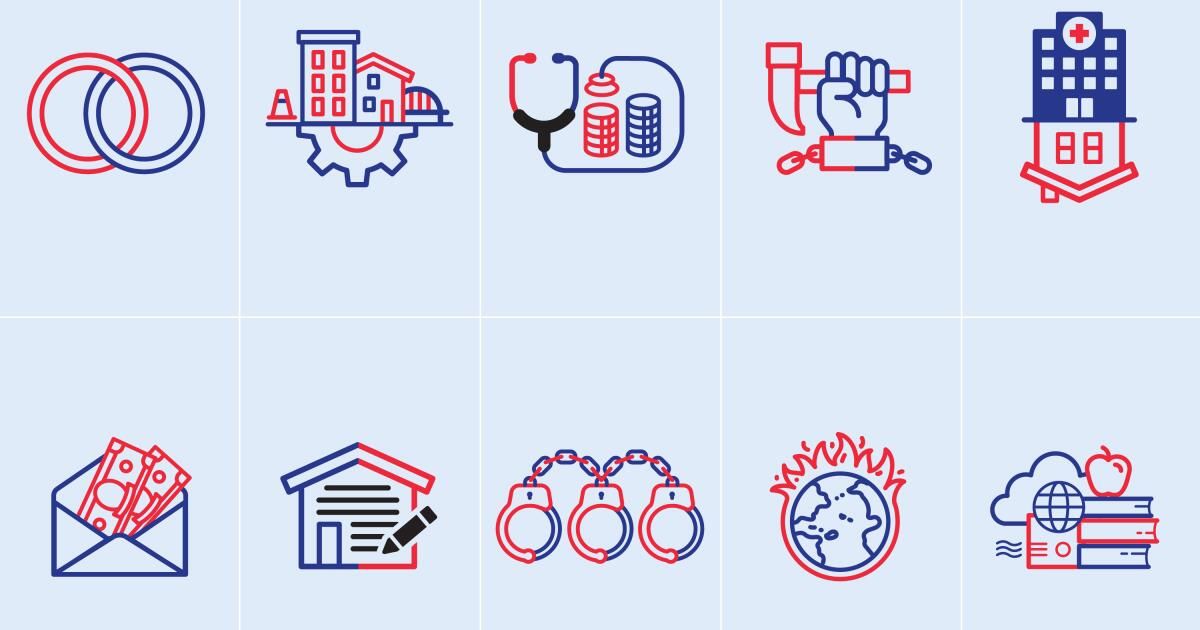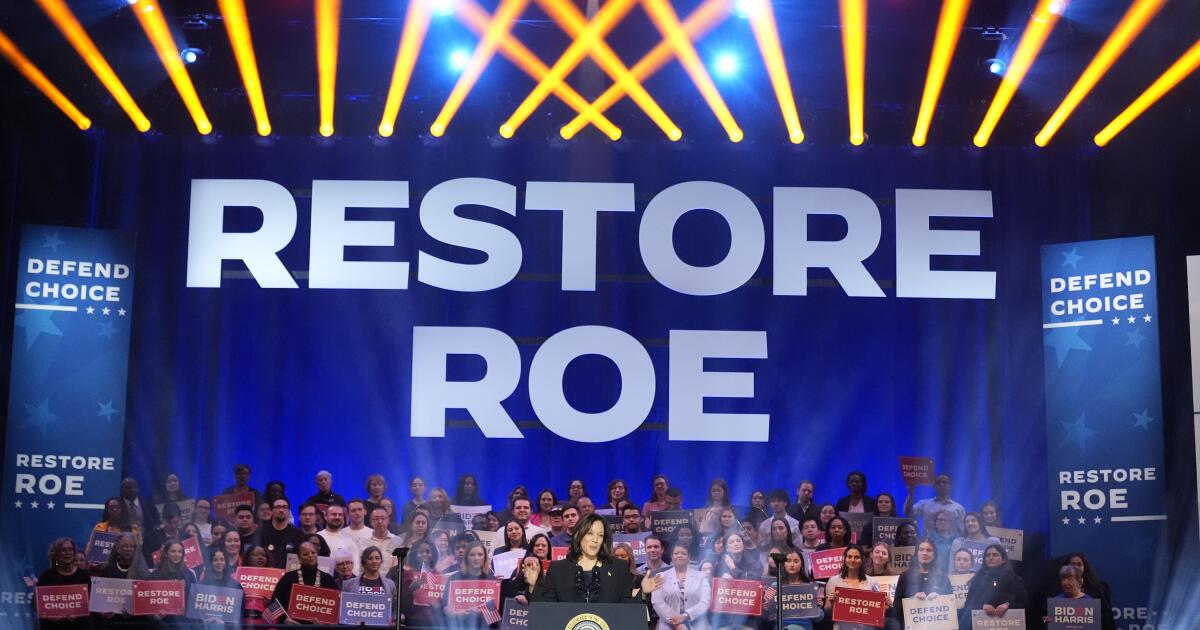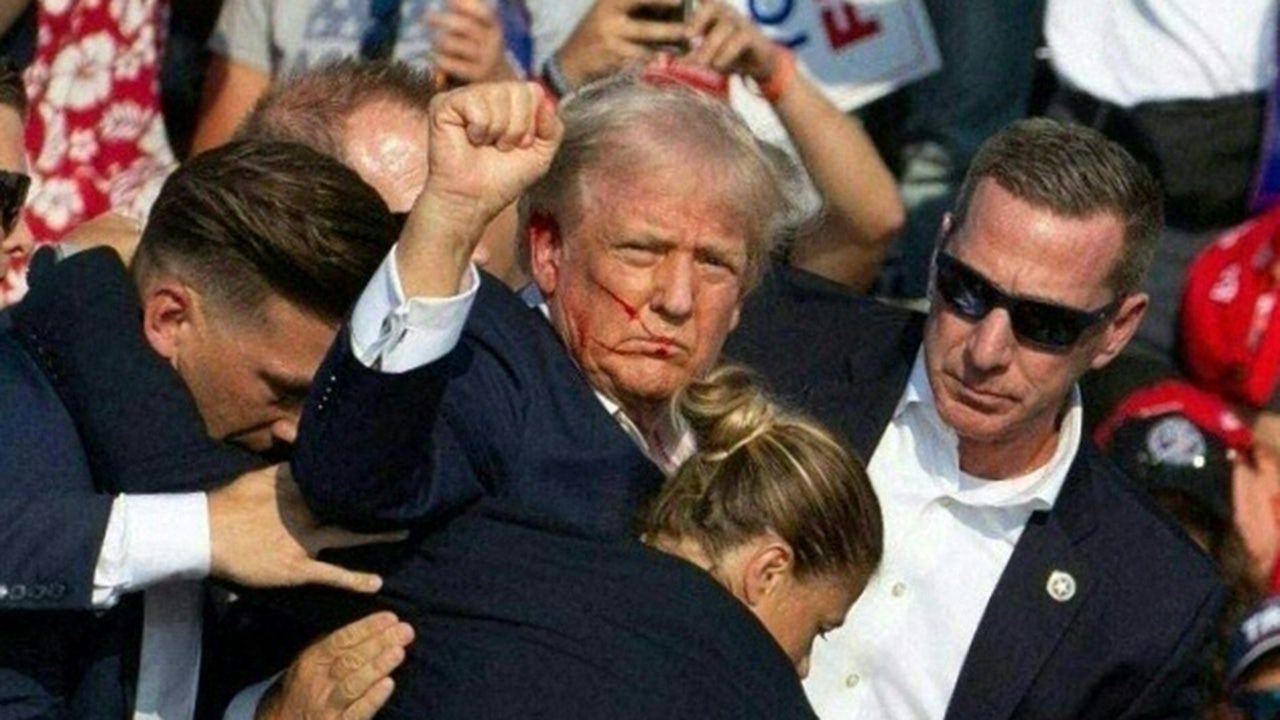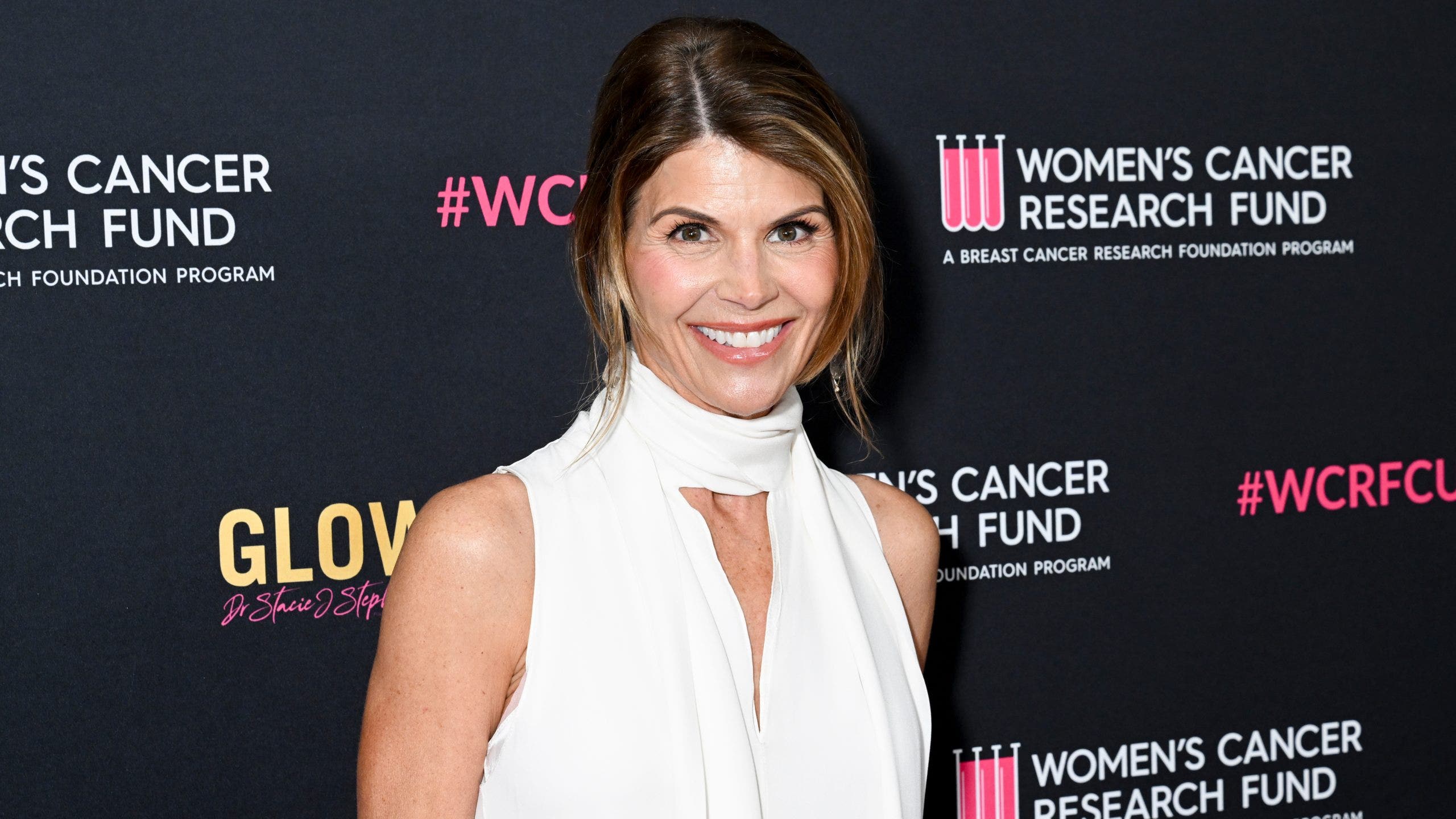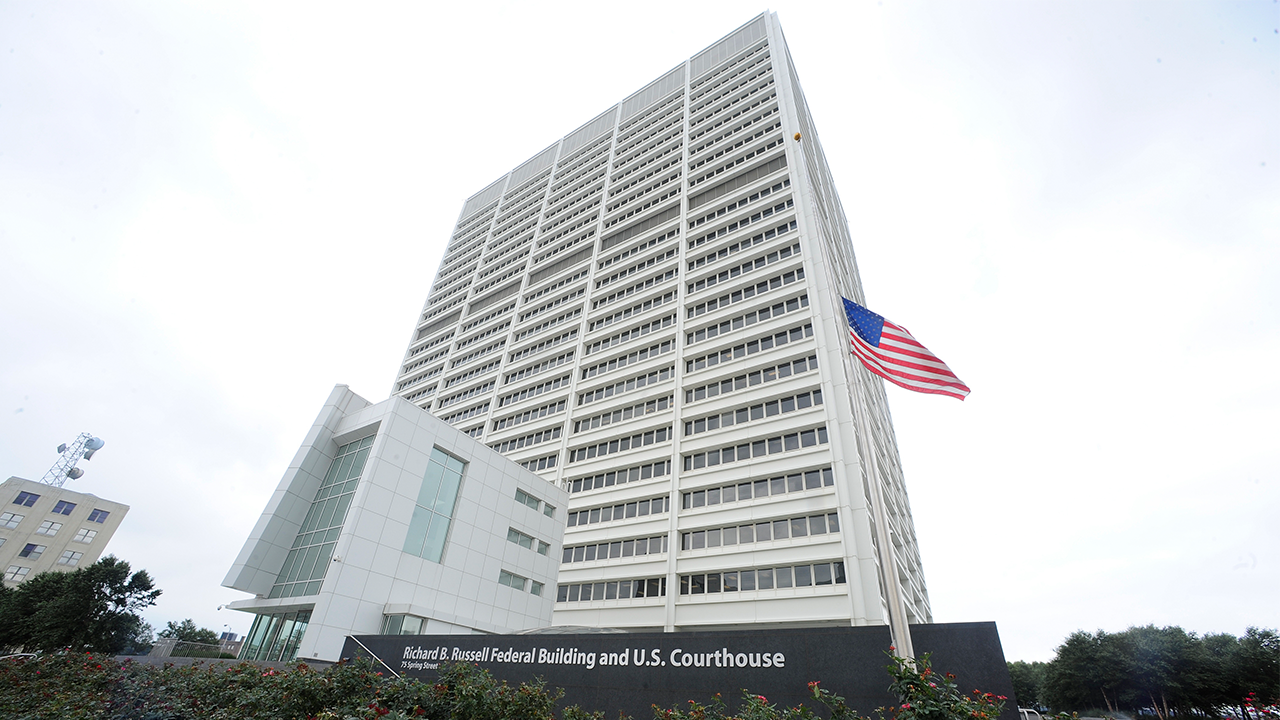In addition to a precarious presidential election and high-stakes races for the U.S. House of Representatives, California voters in November will also weigh in on a number of statewide initiatives that could significantly shape policy and impact the lives of millions of residents.
Ten measures will be up for a vote that will ask voters whether they support raising the minimum wage, cracking down on crime, banning forced prison labor, capping rent and more.
Voters in the Golden State are accustomed to legislating by popular vote and often face a slate of initiatives as part of the state’s direct democracy process. But this year in particular, political parties are hopeful that some of the causes will help draw voters to the polls to fulfill other requirements as well, said Mindy Romero, founder of the Center for Inclusive Democracy, a nonpartisan research organization focused on elections.
“Sometimes there are people who are not interested in the main candidate and who may go out and vote solely for their cause,” said Romero, who is a professor of political sociology at USC.
In total, campaigns supporting and opposing the ballot measures have raised tens of millions of dollars in contributions.
The number of initiatives put before voters could have been much higher, but a series of last-minute negotiations at the state Capitol led the measures’ sponsors to agree to withdraw their proposals in favor of the legislation, including a measure to make financial literacy a requirement for high school graduation. The remarkable round of agreements comes at a time when state leaders have struggled to address a massive budget shortfall and worry about bogging down voters with a crowded ballot.
These are the initiatives that voters will officially see on their ballots in November:
Proposition 2
This bond measure would authorize the state to borrow $10 billion to modernize elementary and secondary schools and community colleges.
The funds could be used to repair outdated school buildings and upgrade libraries, heating and cooling systems and broadband Internet.
Proposition 3
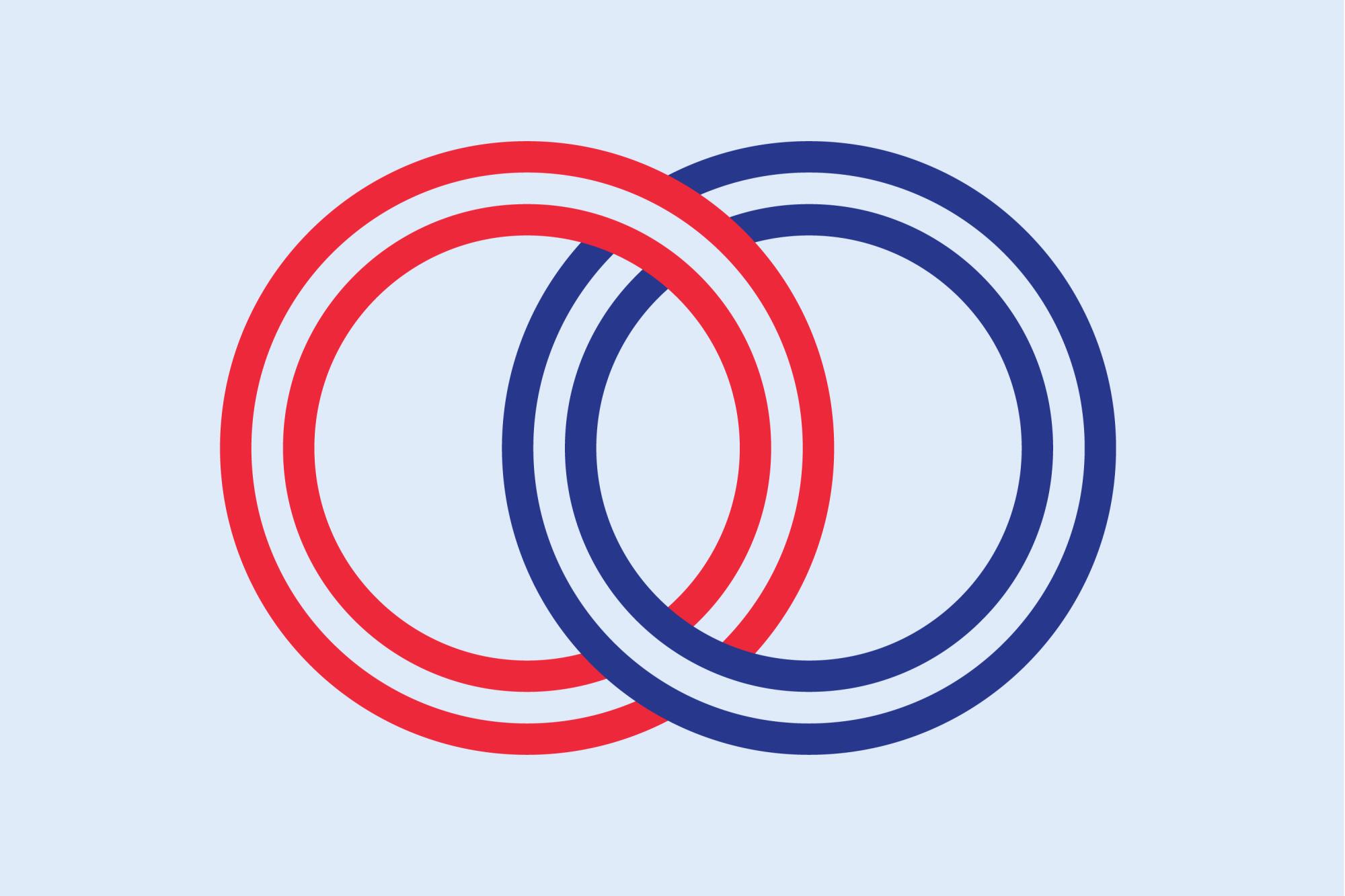
The measure would remove outdated language in the state Constitution that still defines marriage as between one man and one woman and replace it with a broad “right to marry.”
While the constitutional provision is unenforceable and same-sex marriage remains protected at the federal level, proponents of the measure say it is a necessary precaution in case of potential rulings by a conservative Supreme Court majority that former President Trump helped appoint.
Proposition 4
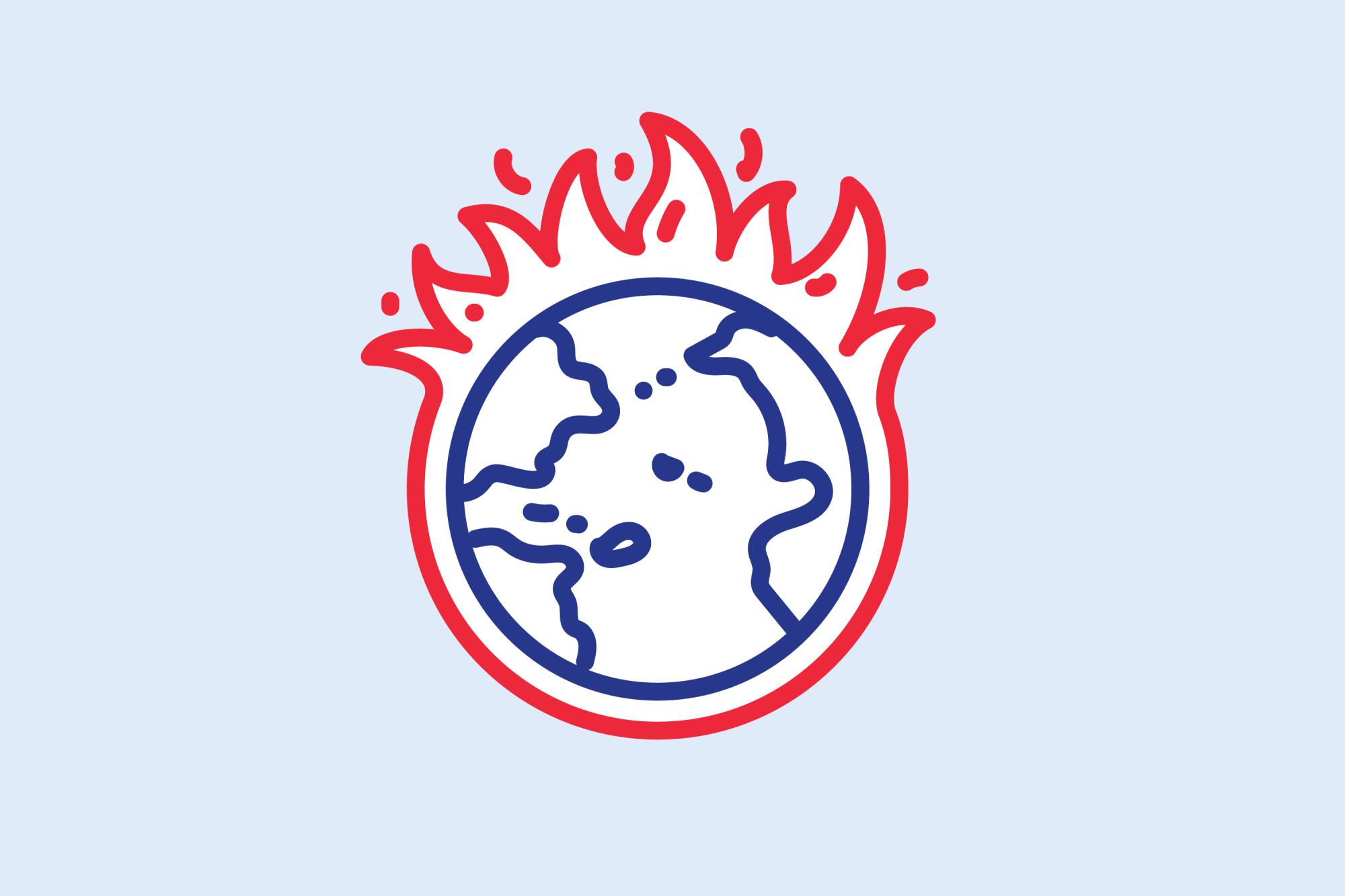
The bond measure would authorize the state to borrow $10 billion to help fund responses to climate-related disasters such as droughts, floods and extreme heat. It would also help ensure clean drinking water.
If approved by voters, it will be the largest investment in the fight against climate change in California history.
Proposition 5
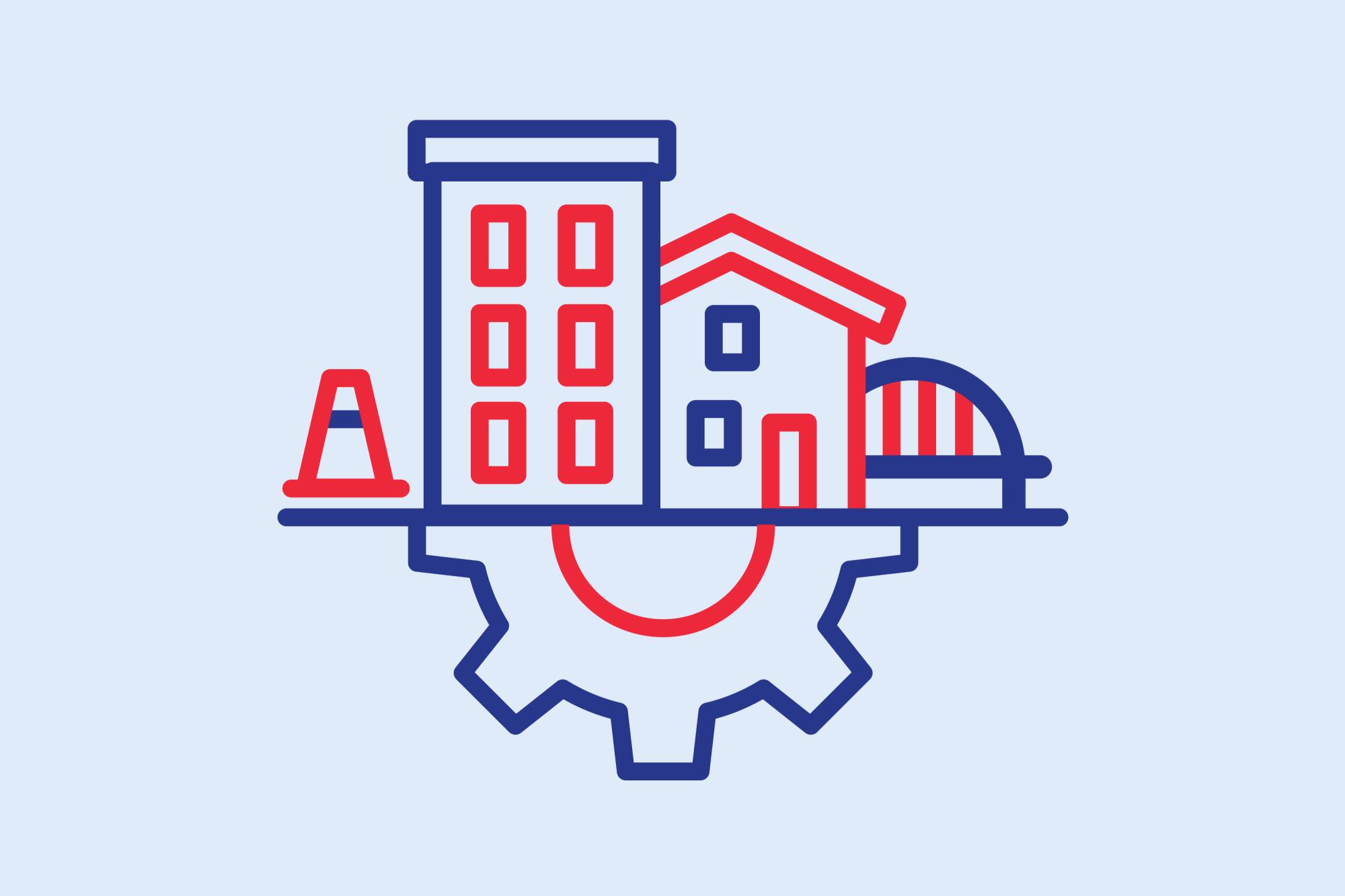
The measure would make it easier for local governments to pass bonds and tax measures that would fund affordable housing and some public infrastructure.
Proposition 5 would lower the vote threshold required to pass such measures from a two-thirds supermajority to 55%.
Proposition 6
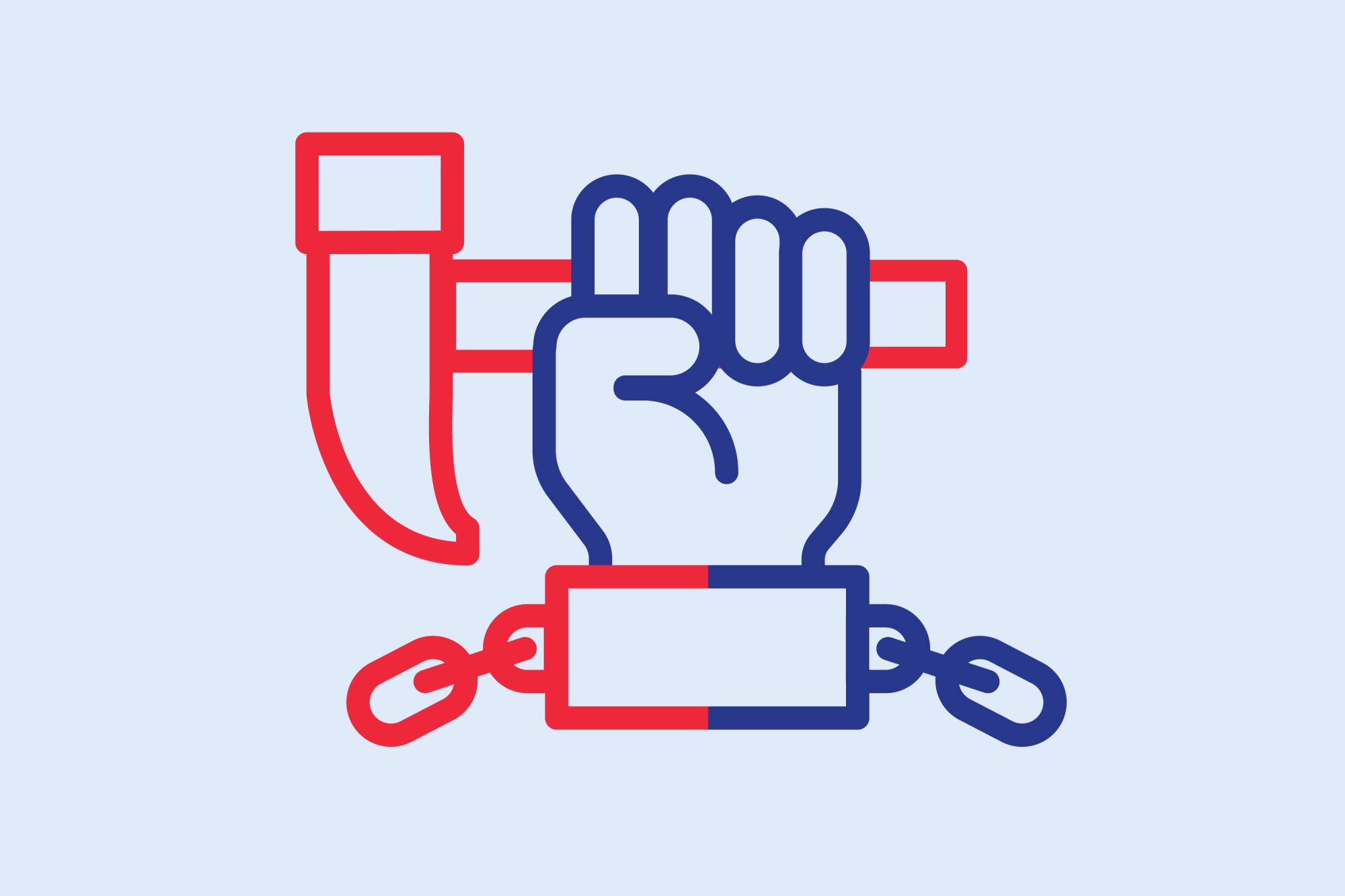
This measure would ban involuntary servitude and end mandatory labor requirements for state prisoners.
The proposed constitutional amendment is part of a reparations package for the descendants of enslaved African Americans in the United States.
Proposition 32

This measure would raise California's hourly minimum wage from $16 to $18 and adjust it annually for inflation.
The proposal comes after the state's politically powerful unions secured $25 an hour for health care workers and $20 an hour for fast-food workers, and as cities like West Hollywood jumped ahead of the state minimum to $19.08 an hour.
Proposition 33

This measure would allow cities and counties to implement rent control.
Proposition 33 would repeal a 1995 law called the Costa-Hawkins Rental Housing Act, which generally prohibits local governments from capping rental rates issued by landlords.
Proposition 34
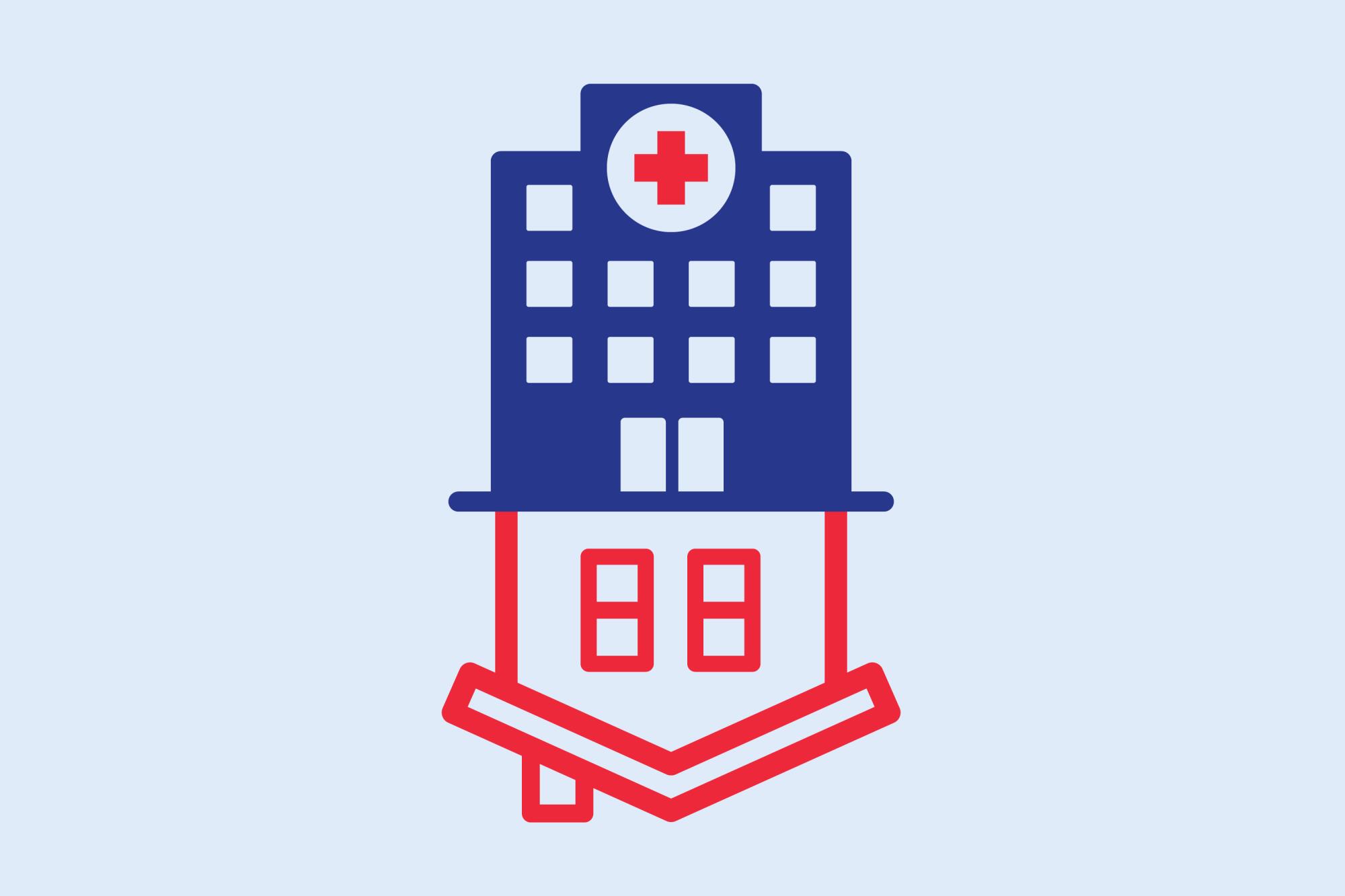
This measure would require health care providers to spend most of the revenue they earn from federal prescription drug discount programs on direct patient care.
It would apply only to a very specific subset of physicians who have spent more than $100 million over a decade on “something other than direct patient care.”
Proposition 35

The measure would provide permanent funding for Medi-Cal, California's version of Medicaid, which pays for health care for low-income residents.
Currently, a tax on managed health insurance plans that funds the program is set to expire in 2026.
Proposition 36
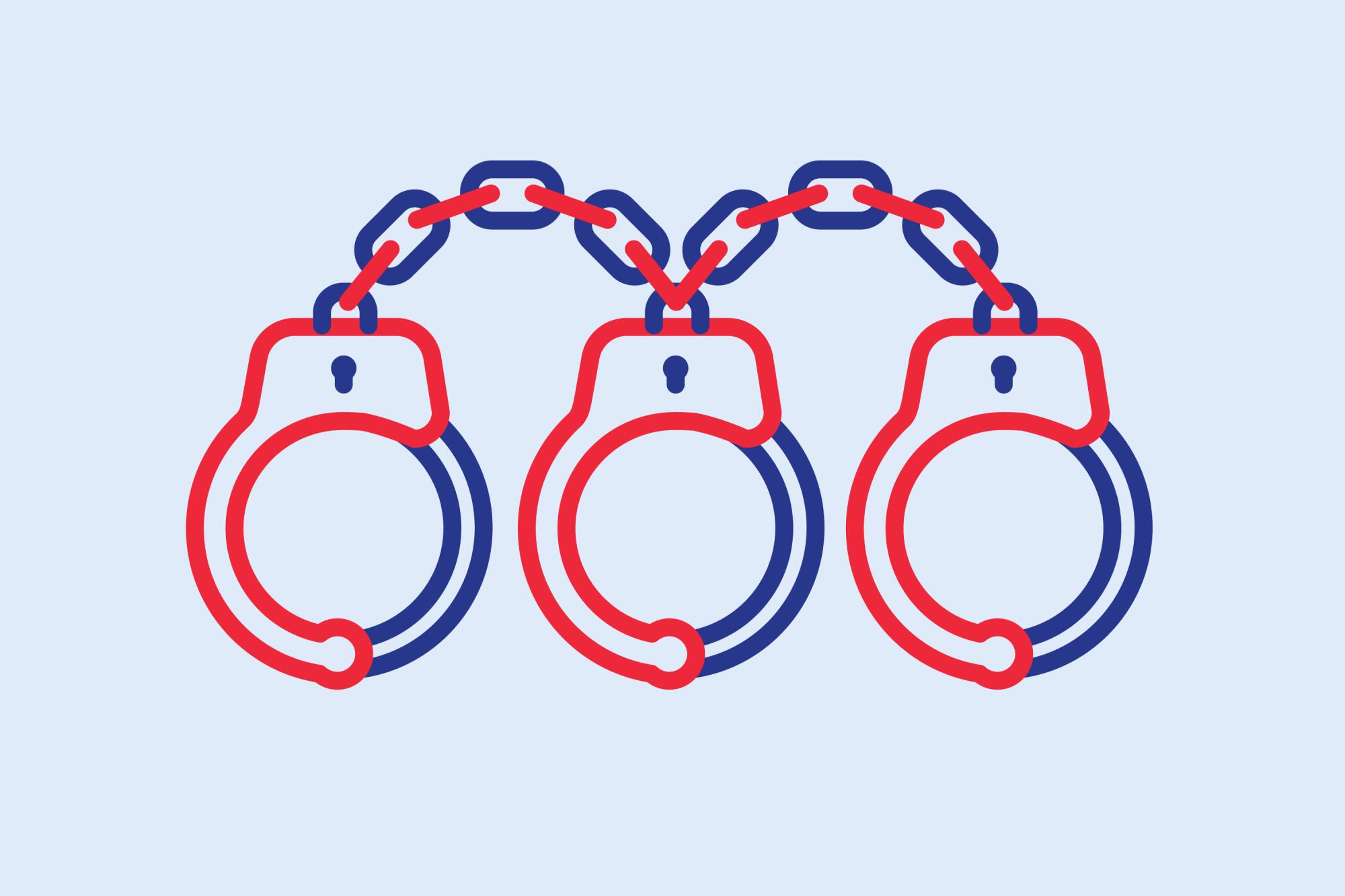
The measure, backed by law enforcement, would impose harsher sentences for drug possession and retail theft. It would make felonies of some fentanyl-related offenses and repeat shoplifting that are currently misdemeanors.
Proposition 36 seeks to reverse parts of Proposition 47, which reclassified some minor crimes a decade ago.

